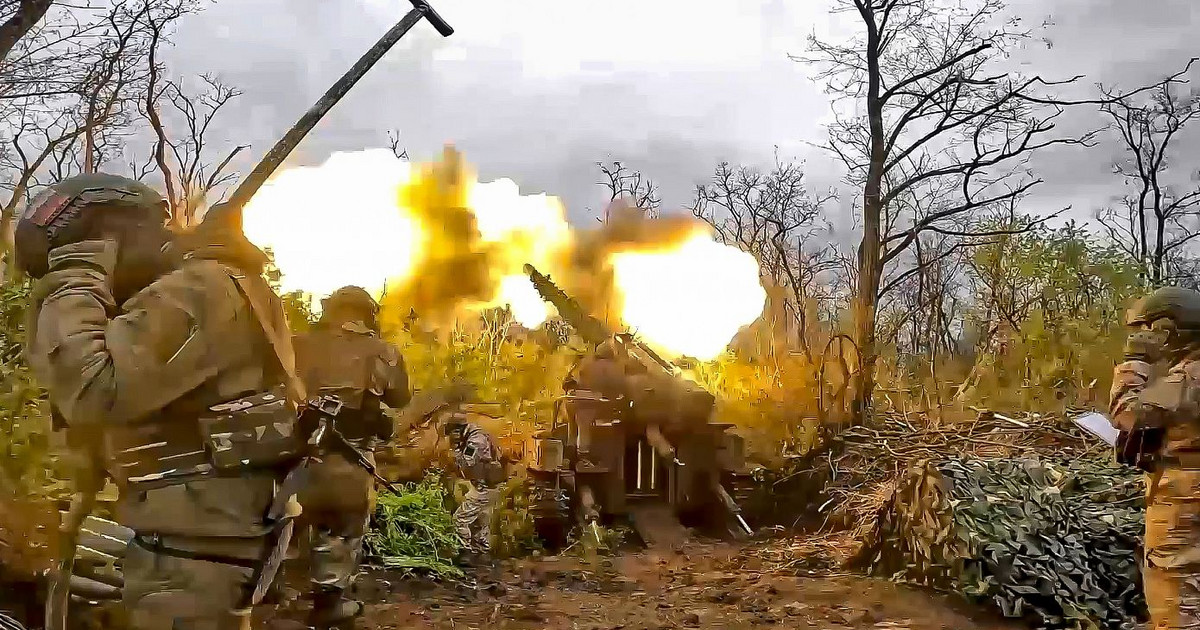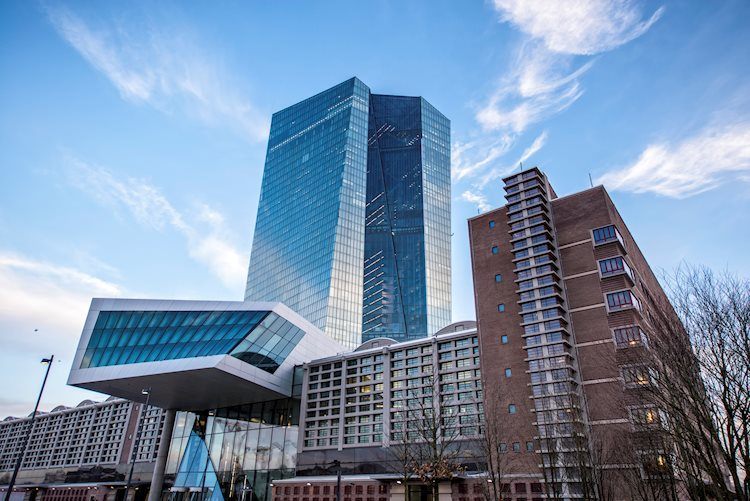March data from the IBGE (Brazilian Institute of Geography and Statistics) showed that there were about 12.1 million citizens without a job in the country. Combating the unemployment rate is one of the main issues facing the president who will be elected in October 2022.
According to figures from the Economic Policy Secretariat of the Ministry of Finance, the rate of unemployment term in the country “is characterized by the predominance of young people, aged between 17 and 29”. In this age group, 80% have only completed high school.
THE CNN asked the pre-candidates: how to generate jobs for young people with low education?
See what they’ve responded so far below:
Lula (EN):
The former president’s advisory said that the government plan will be prepared with society and allied parties and delivered on the date set by the TSE.
Jair Bolsonaro (PL):
The president has not responded at the time of publication.
Ciro Gomes (PDT):
The presidential candidate has not responded at the time of publication.
João Doria (PSDB):
Data from the International Labor Organization (ILO) reveal that higher youth unemployment is a worldwide phenomenon. Due to the characteristics of this workforce, the group is more sensitive to the unstable macroeconomic environment – in recessionary situations, companies fire the youngest first and stop hiring.
Brazil is in the group of countries with the highest rates of youth unemployment, which is associated with the low growth of the economy and, also, with the deficient qualification of the workforce, harming labor productivity and, thus, employability. Research shows that prolonged periods of unemployment among young people have repercussions for the entire life of these individuals, in terms of employability and income. There are also perverse consequences for crime.
This framework justifies government action through active employment policies for disadvantaged and low-income young people to alleviate the suffering of current generations, especially after two severe recessions and in the midst of technological advances that further compromise the employability of young people with income. low. World experience recommends active training policies – policies to reduce remuneration or tax burdens are not effective in isolation – taking into account the heterogeneity of the group, which demands specific actions for the different profiles of young people.
World experience also reveals the importance of involving workers’ and employers’ organizations in the design and implementation of focused policies to enable their effectiveness, which, by and large, tend to be ineffective.
It is important to point out that training alone does not generate job vacancies, and it is necessary to move forward with pro-growth reforms. Furthermore, the quality of basic education and the expansion of technical schools are a precondition for the effective inclusion of young people.
The proposals consist of:
- partial subsidy for the professional qualification of new hires (on the job training), with the participation of workers’ organizations for the effectiveness of the program (training quality);
- public funding of technical and vocational courses offered by the private sector to individuals out of high school (Fies model), with evaluation of the courses offered and the participation of employers’ organizations to adapt the courses to market demands;
- policies for access to credit for young people with an entrepreneurial profile;
- temporary work experience program in the public and private sector (young apprentice model), incorporating assistance and advice to the most vulnerable.
For the implementation of the programs, partial funding sources will be sought from international organizations.
Policies will be systematically monitored and evaluated for necessary adjustments and renewal/discontinuation decisions. Therefore, it is necessary to establish goals, adopt indicators to be observed and define a control group.
André Janones (Avant):
The ideal is not to discuss underemployment for those who do not have qualifications. It is to generate qualification to give dignity to the young person. And it’s not the one that only the market needs. What is lacking is the one that takes advantage of the vocation that today’s generation squanders and even more those that are coming. This limits the possibility of employment and robs young people of dignity.
Brazil needs to offer professional training according to the times we are in. The young Brazilian is creative and enterprising. It was very clear with the income opportunities that our people created during the pandemic, but this he learned by hard work, while other peoples and the more privileged classes here learn at school too.
We can no longer tolerate illiteracy, which is on the rise again, or that 87% of young people do not speak English at a time of global opportunity. “NASA has to study the Brazilian” is not a meme, it is recognition of our ability to do things. The educational system lacks the tools to do so.
Simone Tebet (MDB):
It is undeniable that generating jobs is an urgent action in Brazil. And we know that when the crisis knocks on the door, it is cruelest to the least qualified. Expanding jobs is crucial, but for that Brazil needs a good business environment to provide legal and institutional security, with clear rules, for entrepreneurs, businessmen and investors.
In this troubled scenario that we live in, young people are the most affected, as they not only need a job, but qualifications in the search for a better placement in the job market. Low education generates low-quality employment. That’s not what I want. This is not what Brazil wants and needs. Thus, education and qualification are keywords for the country.
Therefore, we urgently need technical education geared towards the skills of our young people. It is still necessary to move forward with the reformulation of High School, so that we can open the doors for young people to enter universities, with the same opportunities for all. With education, technology and innovation, young people in Brazil will be able to look to the future. It is this, it is this vision of a country with equal opportunities and strong both in education and in the qualification of people, which gives meaning to my pre-candidacy for the Presidency of the Republic
Felipe d’Avila (New):
First, we have to attack the root of the problem, which is low schooling. And, in the case of these young people, encouraging technical and vocational education is essential. This must be done in a decentralized manner, with each region of each state offering technical courses aimed at their productive vocations, whether in agriculture, the metal-mechanic sector, tourism, etc.
Regarding the unemployment that these young people face today, it is necessary to make the economy grow again, to generate more opportunities, and it is necessary to modernize the labor legislation. Our labor laws make formal employment difficult, creating many burdens and difficulties for those looking to hire. And those who suffer most from these barriers are workers with less experience and qualifications – those young people aged 18 to 29 with low education. Ending the CLT’s monopoly on labor laws will open the door for many young people who haven’t had a chance yet.
First, we have to attack the root of the problem, which is low schooling. And in the case of these young people, encouraging technical and vocational education is essential. This must be done in a decentralized manner, with each region of each state offering technical courses aimed at their productive vocations, whether in agriculture, the metal-mechanic sector, tourism, etc.
Luciano Bivar (Union Brazil):
Our government plan includes broad incentives for first-time employment for young people, starting with tax exemptions in the first year for companies that hire young people with no experience.
Through the implementation of the Federal Single Tax (IUF), it will be possible to relieve payroll and unlock the economy. In addition, I consider it essential to invest in technical and vocational education.
Debate
THE CNN will hold the first presidential debate of 2022. The confrontation between the candidates will be broadcast live on August 6, on TV and on our digital platforms.
Source: CNN Brasil
I am Sophia william, author of World Stock Market. I have a degree in journalism from the University of Missouri and I have worked as a reporter for several news websites. I have a passion for writing and informing people about the latest news and events happening in the world. I strive to be accurate and unbiased in my reporting, and I hope to provide readers with valuable information that they can use to make informed decisions.






